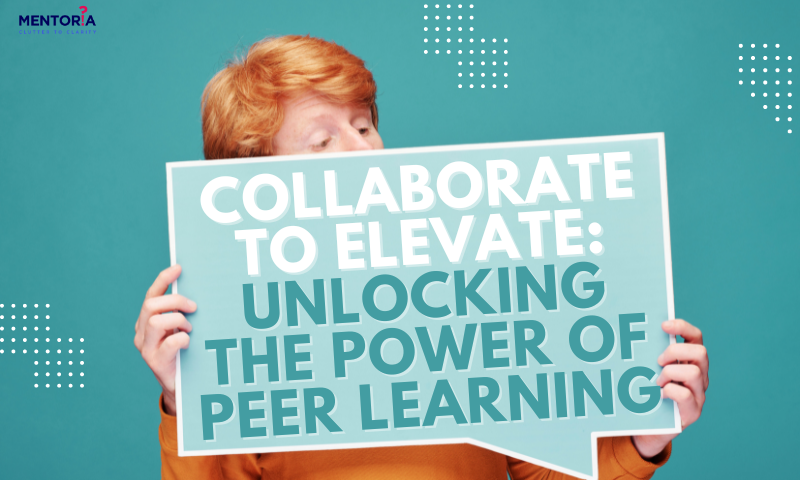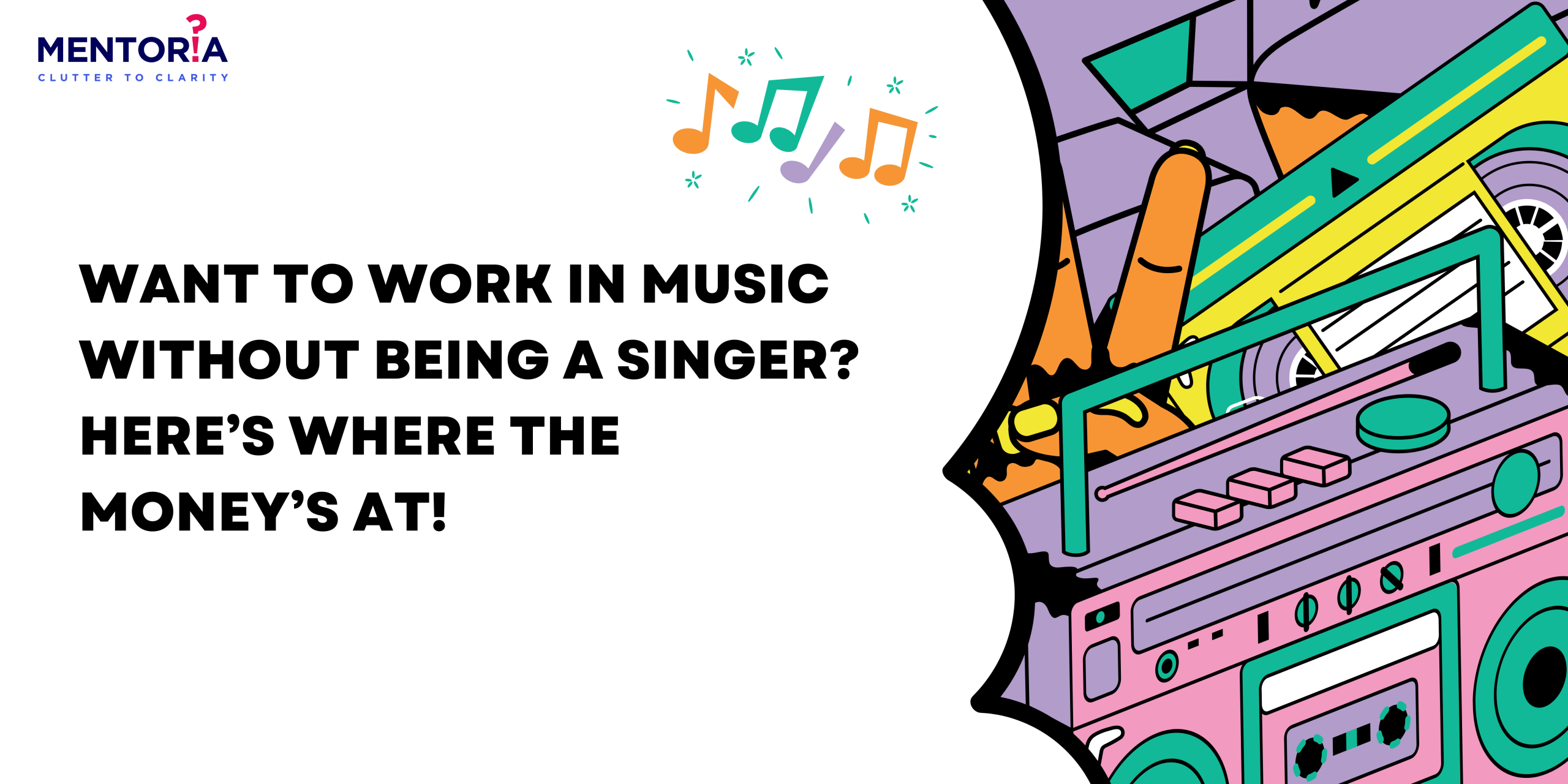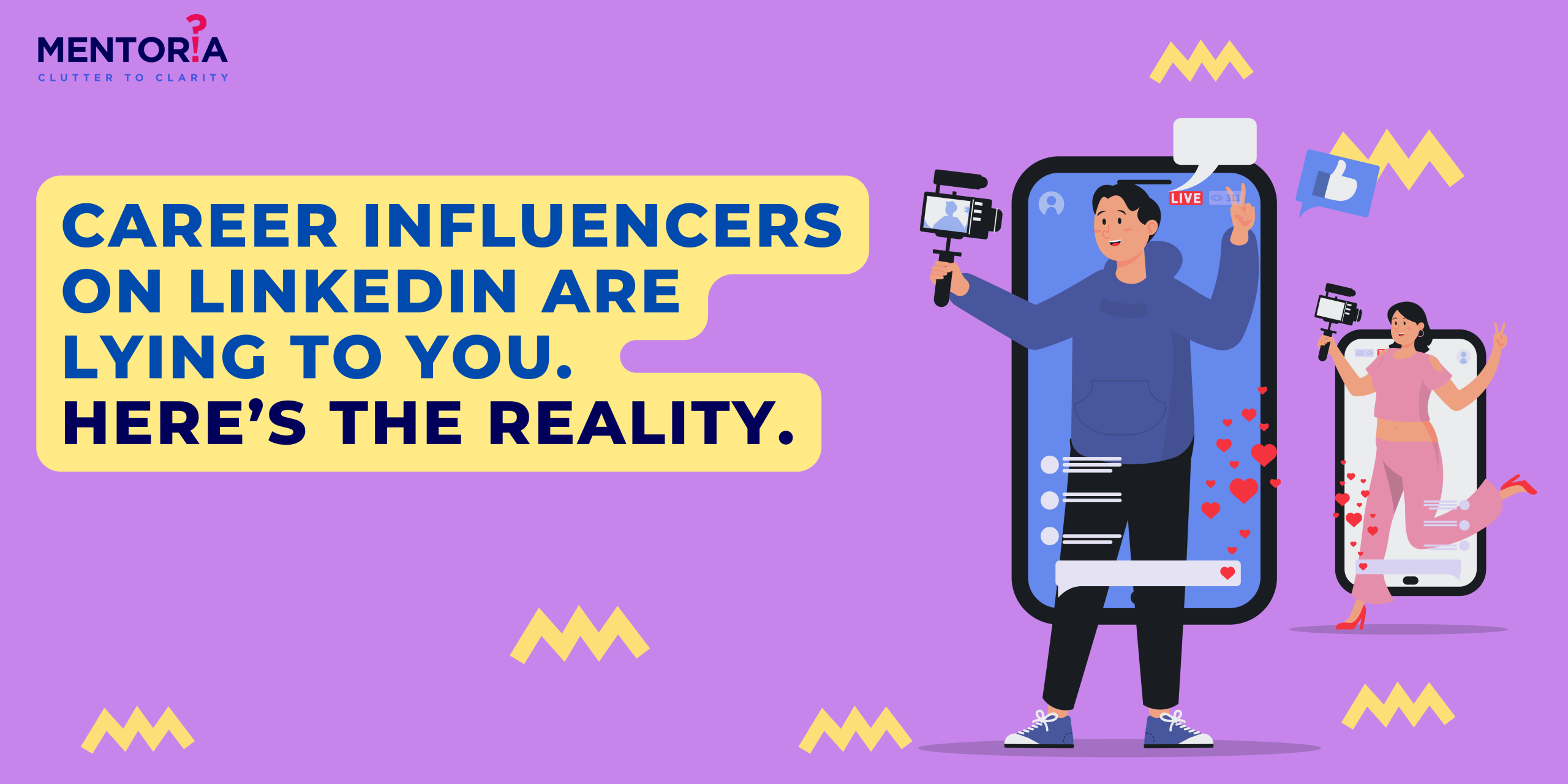Collaborate to Elevate: Unlocking the Power of Peer Learning

Welcome to the wonderful world of peer learning! Have you ever wondered what it would be like to learn from your peers rather than just from a teacher or instructor? Well, wonder no more because peer learning is exactly what it sounds like – learning from your peers!
Peer learning is an exciting and interactive way of learning that allows you to engage with your classmates, share ideas, and learn from one another. It involves working collaboratively on projects, group discussions, and activities that encourage you to take an active role in your learning.
In this blog, we will explore what peer learning is, how it works, and why it is so effective. We’ll also provide some tips on how you can implement peer learning in your own learning journey.
So, sit back, relax, and get ready to discover the power of peer learning!
What Is Peer Learning?
Are you tired of being stuck in a boring classroom or struggling to learn on your own? Well, have no fear because peer learning is here! Peer learning is a dynamic and collaborative approach to learning that involves working with your peers to achieve common goals.
In simple terms, peer learning is when learners come together to share their knowledge, skills, and experiences with one another. It’s like a group study session on steroids! Instead of relying solely on the instructor or teacher, learners work together to explore concepts, solve problems, and provide feedback to one another.
One of the coolest things about peer learning is that it can happen anywhere and anytime. It can take place in a formal classroom setting, during a group project, or even in a casual conversation with friends. Whether you’re learning a new language, studying for an exam, or trying to master a new skill, peer learning is a fantastic way to enhance your learning experience.
What Are Some Tips For Successful Peer Learning?
Peer learning is a fantastic way to expand your knowledge and gain insights from your peers. However, it can sometimes be tricky to navigate this style of learning, so I’ve put together some tips to help you get the most out of your peer learning experience.
Be Open-minded
Peer learning involves sharing ideas and Keep an open mind and be willing to learn from your peers, even if their perspectives differ from yours. Embrace diversity and respect everyone’s opinions and ideas. perspectives, so it’s essential to be open-minded and willing to listen to others. Keep an open attitude towards different opinions and be willing to consider new ways of thinking. This way, you can broaden your understanding and gain new insights that can help you succeed.
Participate Actively
Don’t just sit back and let others do the talking. Active participation is key to successful peer learning. Engage in discussions, ask questions, and contribute your thoughts and ideas to the group. Take an active role in your peer learning group. Come prepared with questions, suggestions, and contributions.
Foster a Positive Environment
A supportive and positive learning environment is crucial for peer learning to be successful. Create an encouraging environment that allows everyone to feel comfortable and confident in sharing their ideas and asking questions. Celebrate each other’s successes and provide constructive feedback to help each other improve.
Use a Variety of Learning Activities
Don’t just stick to textbooks and lectures! Mix things up by incorporating a variety of learning activities into your peer learning sessions. This could include group discussions, role-playing, brainstorming, and even games. This will help keep everyone engaged and interested in the learning process. This way, you and your peers can explore different ways of understanding the subject matter.
What Are Some Examples of Peer Learning?
Let’s dive into some exciting examples of peer learning that will blow your mind! Peer learning is a dynamic approach to learning where individuals share knowledge, skills, and experiences with one another to achieve a common goal. It can take on many forms, including but not limited to:
Peer Tutoring
Why not put your expertise to good use by helping out a friend in need? Peer tutoring is a great way to reinforce your own knowledge while helping someone else. It’s a win-win situation! Students who have mastered a subject or a skill set work with their peers to help them understand the concept. This can be done individually or in groups, and it has been proven to be highly effective.
Peer Review
Get a fresh perspective on your work by asking a peer for feedback. They might be able to catch mistakes or suggest new ideas you hadn’t thought of. Plus, you’ll get valuable practice giving and receiving feedback, a key skill for any test-taker. It is a fantastic way to improve writing and other creative works. It also encourages critical thinking, collaboration, and communication.
Study Groups
This is a group of peers who come together to study and learn from each other. Joining a study group can be a great way to share notes, ask questions, and stay motivated. Plus, studying with others can help you approach the material from different angles, leading to a deeper understanding. It is an excellent way to share knowledge, discuss difficult topics, and support one another through the learning process.
Collaborative Projects
Working on a project with peers can be a fun way to apply what you’ve learned and develop important teamwork skills. Each person contributes their unique skills and knowledge to create a final product. Collaborative projects are excellent for developing teamwork and leadership skills. Plus, you’ll have a sense of accomplishment when you see the finished product.
Mentoring
If you’re a seasoned test-taker, consider mentoring someone who’s just starting out. You’ll get to share your knowledge and experience, and your mentee will benefit from your insights and advice. Plus, teaching is a great way to reinforce your own knowledge. This is where an experienced individual provides guidance and support to someone who is less experienced. Mentoring can be formal or informal and can help individuals develop their skills and knowledge.
These are just a few examples of the different forms of peer learning. The possibilities are endless, and it’s up to you to choose the one that best suits your needs and learning style. With peer learning, you’ll never have to learn alone!
Peer Learning With Mentoria!
So there you have it! Peer learning is an incredibly effective way of gaining knowledge and skills by collaborating and sharing ideas with your peers. Not only does it make the learning process more enjoyable and engaging, but it also provides numerous benefits that you may not get from traditional classroom learning.
And let’s not forget, peer learning doesn’t have to be restricted to the classroom – you can take advantage of it in all aspects of your life, from your personal interests to your professional development. Of course, as with anything, there are some challenges and limitations that come with peer learning, but with the right mindset, strategies, and tips, you can overcome them and make the most out of your peer learning experience.
So what are you waiting for? Embrace peer learning, reach out to your peers, and start learning together today! Who knows, you may just discover a new passion or skill that you never knew you had.
Attend our master workshops! Feel free to call us to speak to our career mentors and choose the right career guidance plan that suits your needs.
Mentoria’s career guidance programme enables you to choose your perfect fit from 3 streams, 850+ courses, and 12,000+ careers, and discover what will bring out the best in you. Sign up today and take the Mentoria assessment to get started!








